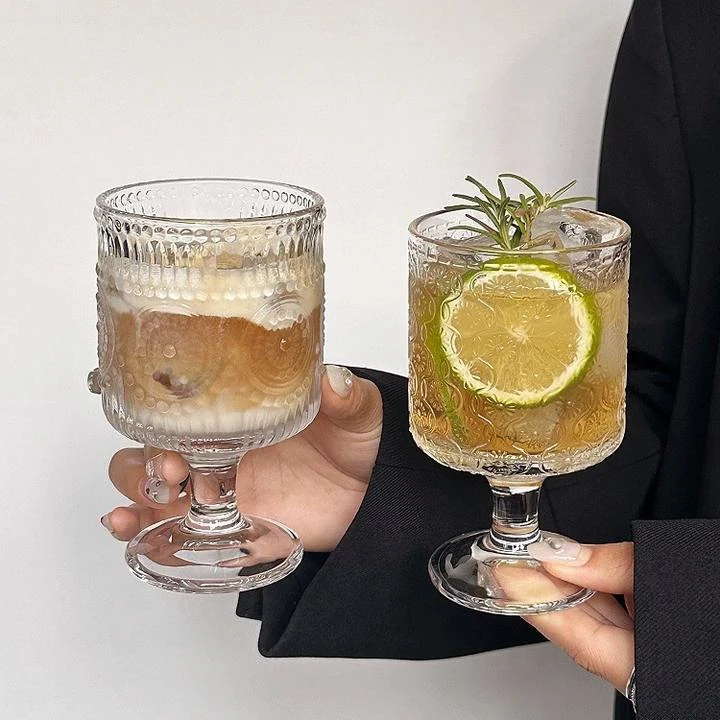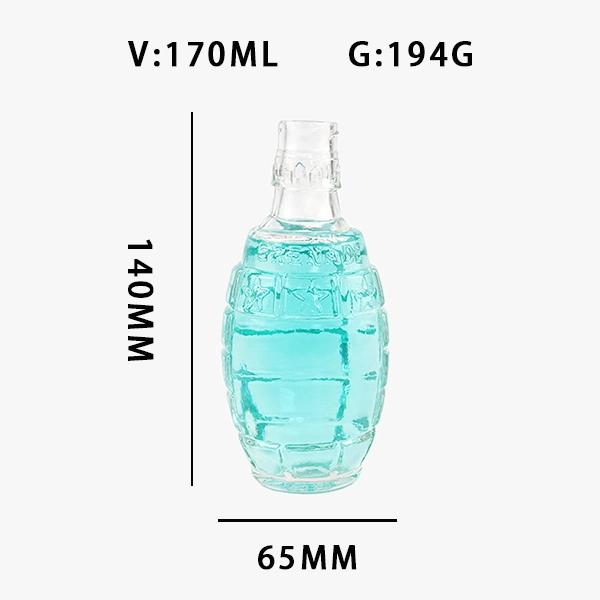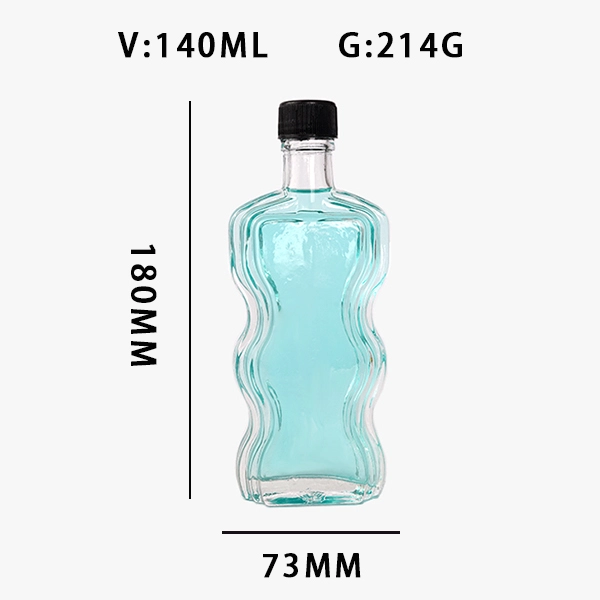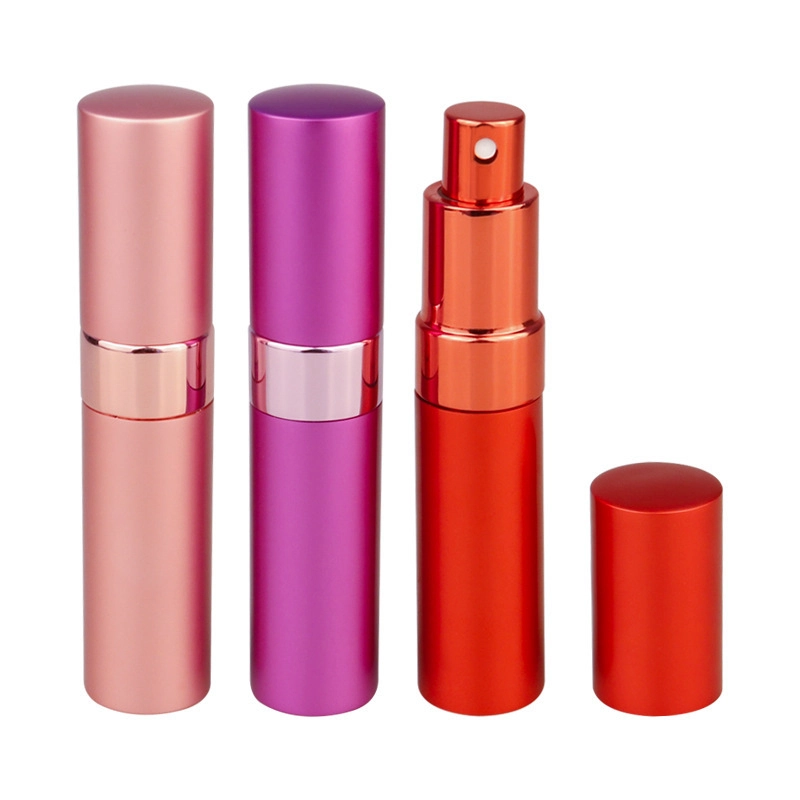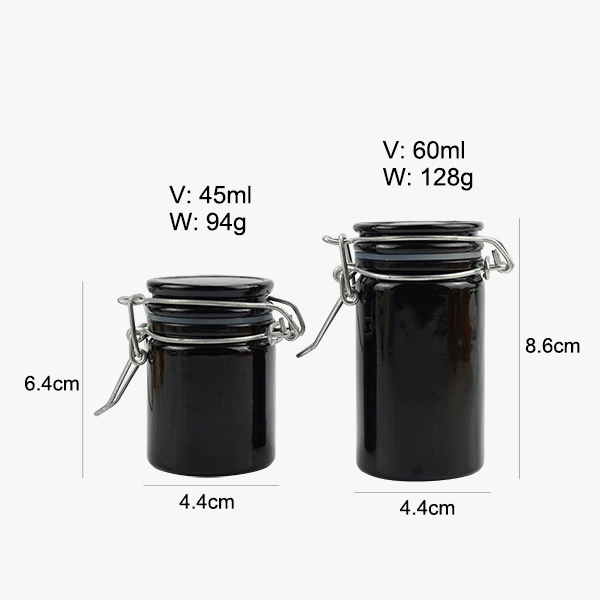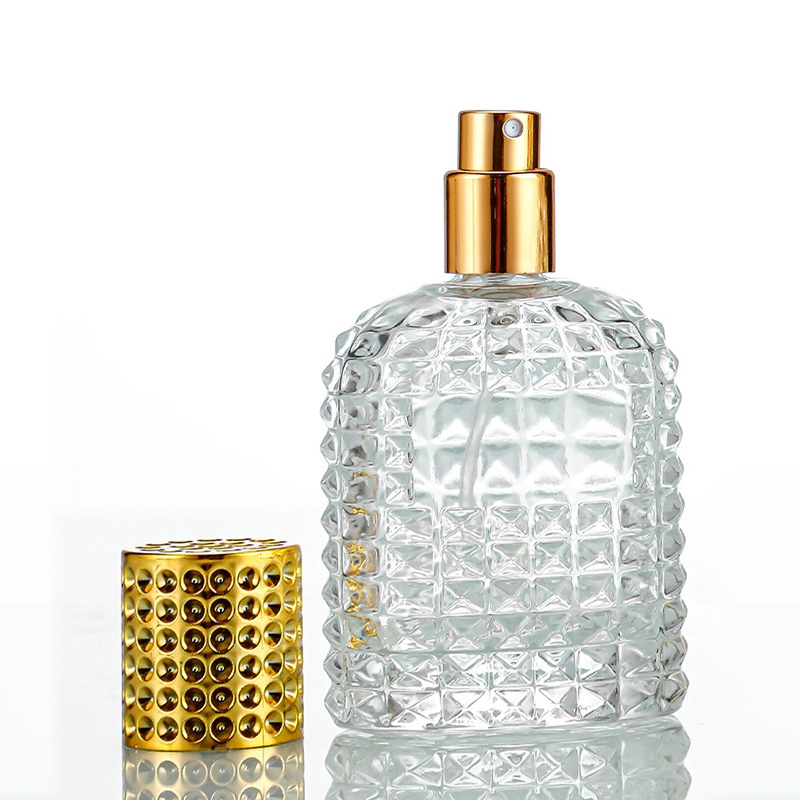
Part 1: Market Size and Growth
Eritrea’s glass bottle market is relatively small but essential for its beverage, food, and pharmaceutical industries. Beer, soft drinks, and spirits are the largest consumers of glass packaging, while sauces and condiments also rely on it. Urban demand and a growing hospitality sector contribute to steady consumption.
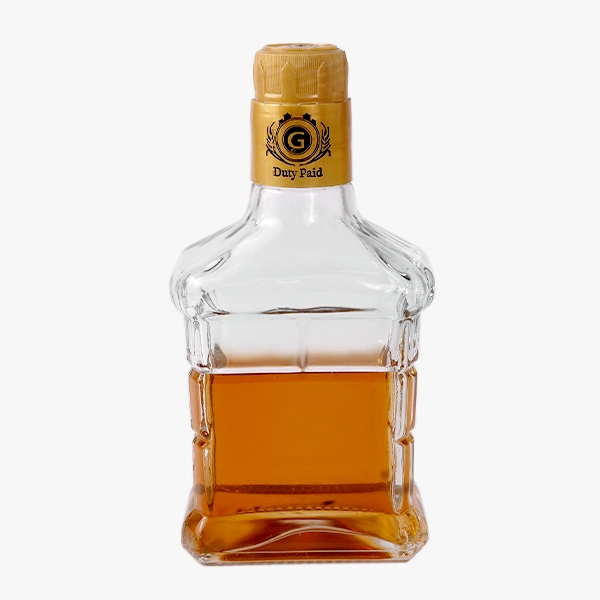
Most glass bottles in Eritrea are imported, particularly from Ethiopia, Sudan, and the Middle East. Local bottling facilities focus on branding and filling rather than manufacturing glass itself. This reliance on imports makes trade and logistics critical.
The government’s sustainability policies and preference for eco-friendly solutions support the use of glass bottles over plastics. This trend aligns with international packaging standards.
Part 2: Leading Companies
Asmara Brewery Corporation
Asmara Brewery, established in 1939, is Eritrea’s oldest and largest brewery. It produces beer, soft drinks, and mineral water, all packaged in glass bottles.
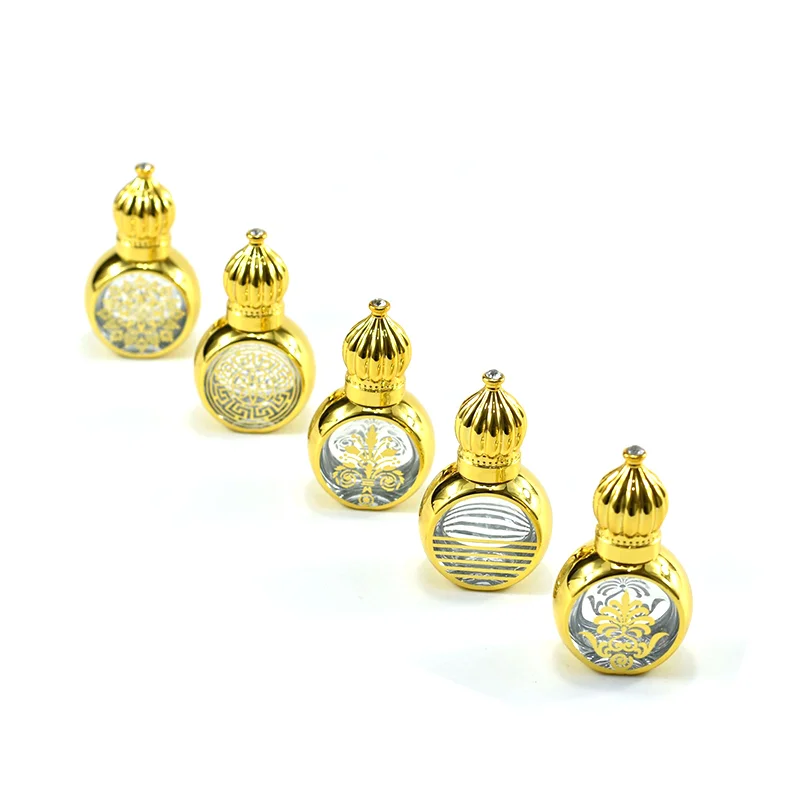
Its products include beer bottles, soda bottles, and refillable beverage containers. Glass is essential for both local consumption and export branding.
The company runs bottle collection and recycling initiatives. It has earned recognition for its role in Eritrea’s industrial development.
Eritrean Beverage and Bottling Enterprises
This state-backed enterprise operates bottling facilities for soft drinks and mineral water. It relies heavily on glass bottles for premium products aimed at the hospitality industry.
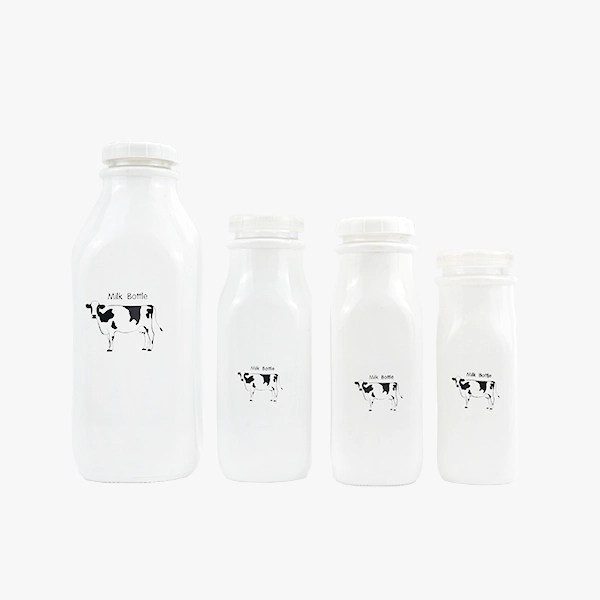
Its product line includes soda bottles, tonic water bottles, and glass containers for carbonated beverages. Glass ensures product preservation and premium appeal.
The enterprise collaborates with regional suppliers for bottle sourcing and adheres to national quality standards.
Local Distilleries and Agro-Food Producers
Small-scale distilleries and agro-food businesses also package products like spirits, honey, sauces, and herbal drinks in glass bottles. These businesses serve both domestic and niche export markets.
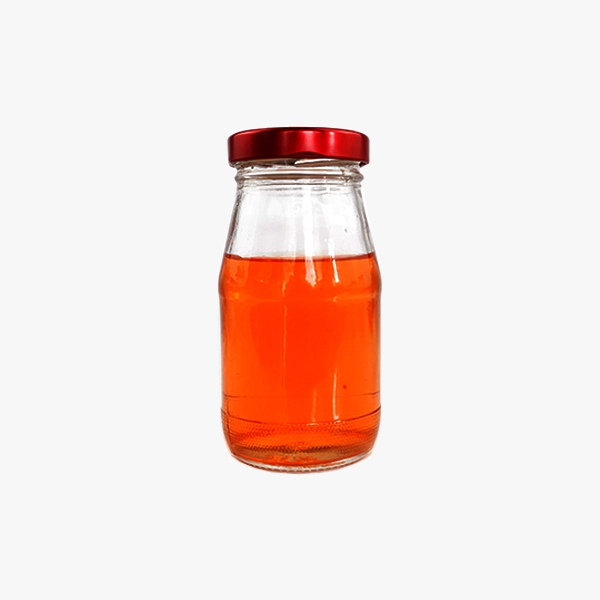
Their products include rum bottles, hot sauce jars, and honey containers. Glass packaging supports authenticity, cultural identity, and tourism appeal.
Many collaborate with local cooperatives to emphasize eco-friendly packaging practices.
| Company | Founded | Core Products | Industries | Certifications |
|---|---|---|---|---|
| Asmara Brewery Corporation | 1939 | Beer bottles, soda bottles | Breweries, beverages | National Quality Standards |
| Eritrean Beverage Enterprises | 20th century | Soda & water bottles | Soft drinks, hospitality | Local Certifications |
| Local Distilleries & Agro Producers | Various | Rum bottles, sauces, honey jars | Spirits, agro-food | Food Safety Certifications |
Part 3: Trade Shows and Industry Events
Eritrea International Trade Fair
The Eritrea International Trade Fair, held in Asmara, is the country’s largest commercial exhibition. Beverage and agro-food companies showcase their glass-bottled products here. It is an important platform for trade visibility.
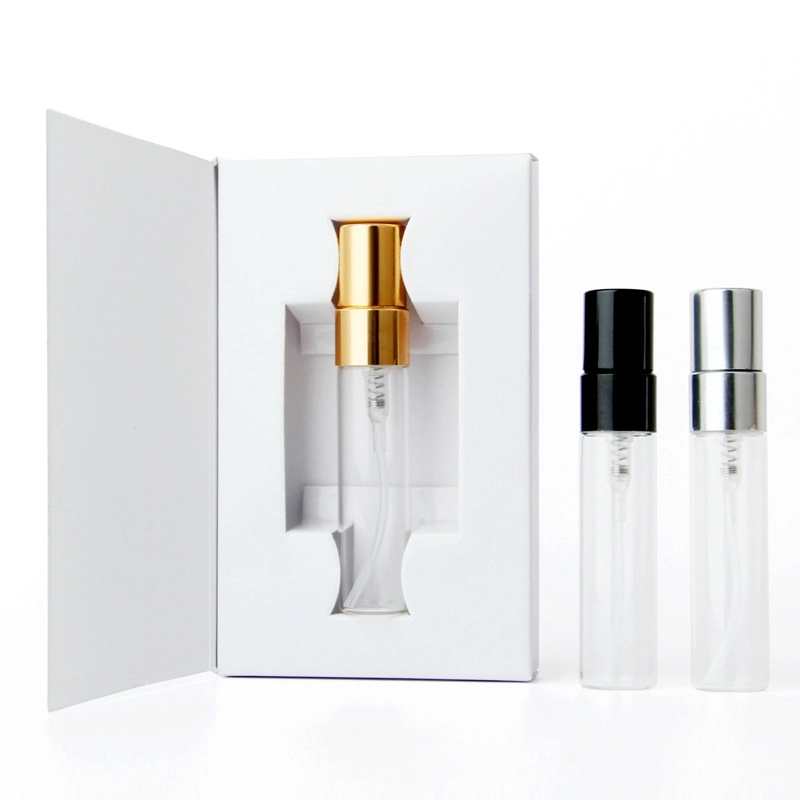
The fair features exhibitors from Eritrea and neighboring countries. Highlights include beverage launches, packaging technologies, and sustainability programs.
East Africa Agrofood & Packaging Expo
Eritrean companies also participate in regional expos such as the East Africa Agrofood & Packaging Expo. Glass bottle suppliers and local producers connect to explore packaging solutions.
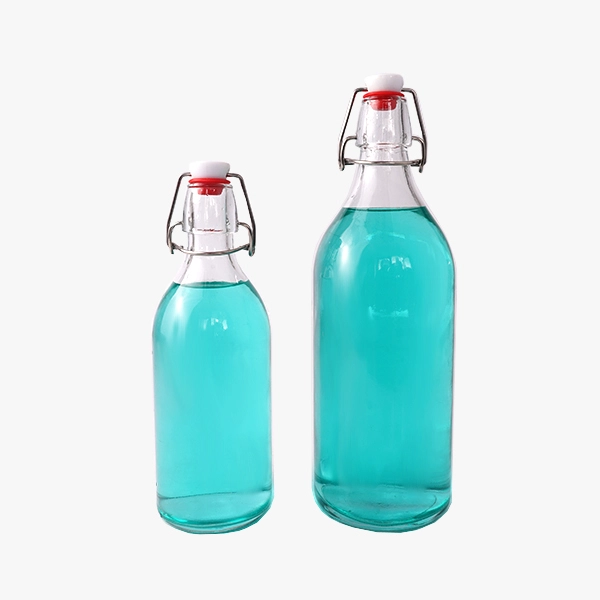
This event rotates across East African capitals and covers eco-friendly packaging, recycling solutions, and supplier-buyer networking.
| Event | Date | Location | Highlights |
|---|---|---|---|
| Eritrea International Trade Fair | Annual | Asmara, Eritrea | Beverage packaging, local trade, sustainability |
| East Africa Agrofood & Packaging Expo | Annual | East Africa (rotating) | Glass packaging, recycling innovations |
Part 4: Impact of Global Trade Policies
Eritrea imports most of its glass bottles, making trade policies and global shipping costs vital. Supply chain disruptions and tariff changes directly impact pricing and availability. This dependency creates industry vulnerabilities.
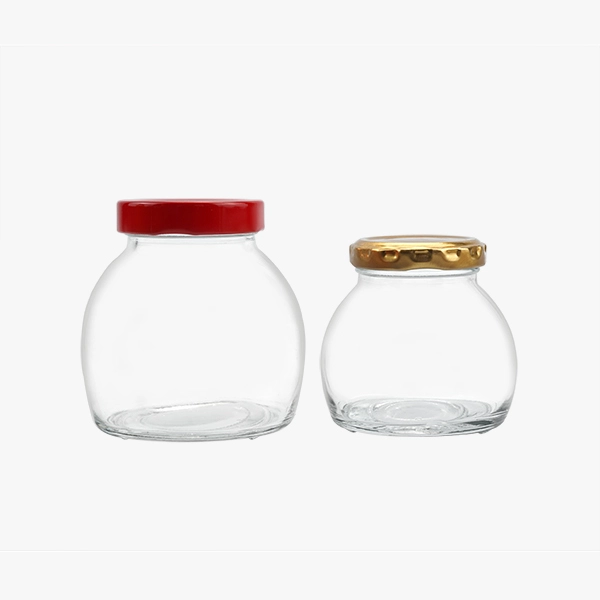
Regional trade partnerships with Ethiopia and Sudan provide an important supply network. These regional agreements help reduce costs and stabilize logistics.
Global sustainability standards also push Eritrean companies toward bottle reuse and recycling. By adopting these eco-friendly policies, local producers can meet international standards and improve export competitiveness.
Part 5: Conclusion
Eritrea’s glass bottle industry is anchored by Asmara Brewery, supported by state enterprises and small-scale agro producers. Tourism, domestic consumption, and sustainability initiatives support ongoing demand.
Challenges include reliance on imports, limited local manufacturing, and logistics costs. The future will depend on regional partnerships, eco-friendly innovation, and improved recycling systems.
Recommended Reading:
- Glass Bottle Manufacturers in Equatorial Guinea
- Glass Bottle Manufacturers in El Salvador
- Glass Bottle Manufacturers in Dominican Republic
- Glass Bottle Manufacturers in Romania
- Glass Bottle Manufacturers in Dominica
- Glass Bottle Manufacturers in Djibouti
- Glass Bottle Manufacturers in Cyprus
- Glass Bottle Manufacturers in Cuba
Round glass reed diffuser bottles wholesale
1 oz 2 oz 3oz Childproof Glass Jars With Child Resistant Lid
5ml Refillable Handbag Perfume Atomizer
Wholesale Black Square Perfume Bottles With Unique Cap

